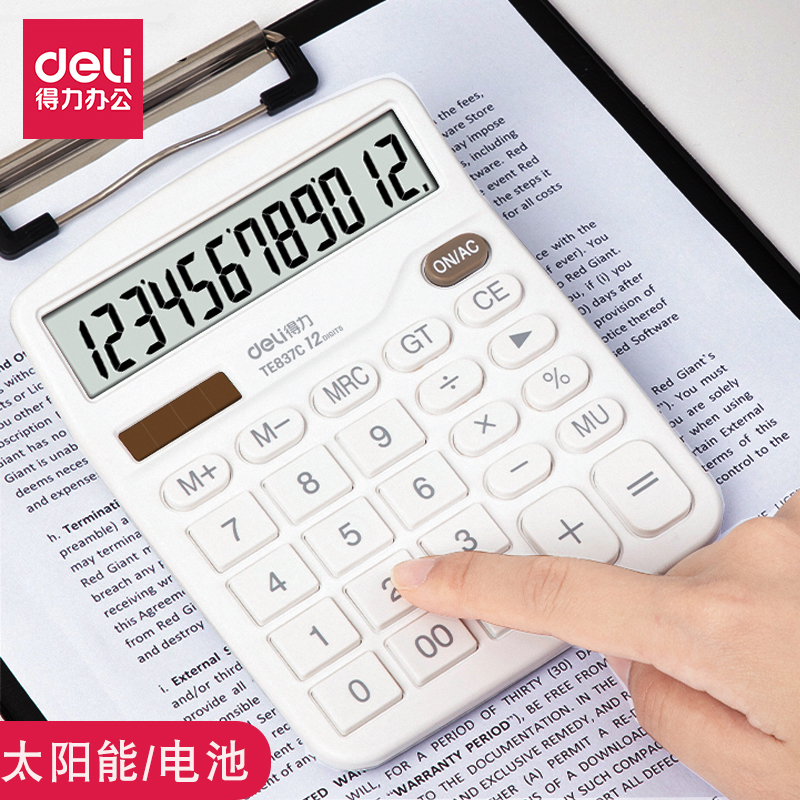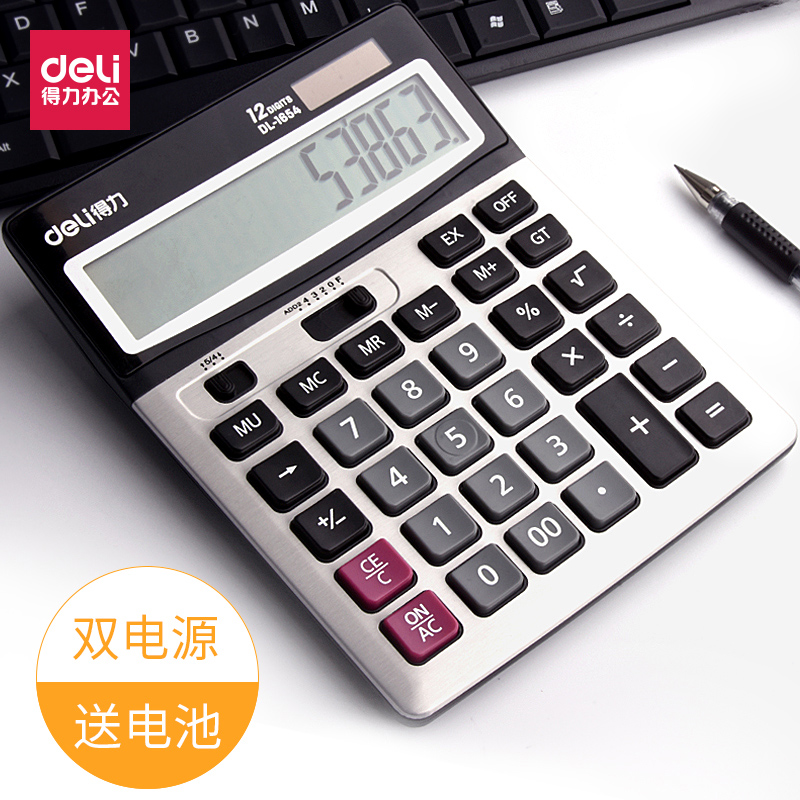高效学习必备:智能计算器功能解析
女神内控
2024-10-09 23:24:47
0次
高效学习必备:智能计算器功能解析
在现代教育的时代,随着科技日新月异的发展,传统的计算器已经不能满足我们的需求。为了帮助学生们更高效地学习,智能计算器应运而生。这种计算器不仅具备基本的数学运算功能,还拥有许多其他高级功能,下面我们将详细解析其功能。
一、基本数学运算
智能计算器首先具备的是基本的数学运算能力,如加、减、乘、除等基本运算。这些功能在处理简单的数学问题时十分方便,而且精度高,能够大大节省学生计算的时间。
二、高级计算功能
除了基本的数学运算外,智能计算器还支持复杂的数学运算,如指数、对数、三角函数等。这些功能在处理复杂的数学问题时非常有用,可以帮助学生更快地找到答案。
三、单位换算功能
智能计算器还具备单位换算功能,如长度、面积、体积、重量等常见单位的换算。这个功能对于学习物理、化学等学科的学生来说非常实用,可以帮助他们更好地理解和掌握知识。
四、公式存储与快速调用
智能计算器内置了大量的常用公式,学生可以轻松地存储和调用这些公式。在解决数学问题时,只需选择相应的公式,输入相应的数值,即可快速得出答案。
五、历史记录与错误检查
智能计算器还具有历史记录和错误检查功能。学生可以查看之前的计算记录,方便复习和检查。同时,错误检查功能可以帮助学生在计算过程中及时发现并纠正错误,提高计算的准确性。
六、个性化设置与优化
智能计算器还支持个性化设置,学生可以根据自己的学习习惯和需求进行设置,如调整计算器的界面风格、字体大小等。此外,计算器还会根据学生的使用情况,自动优化性能,提供更好的使用体验。
以上就是智能计算器的功能解析。这种计算器不仅提高了学生的计算效率,还帮助他们更好地理解和掌握知识。在现代教育中,智能计算器已经成为学生们高效学习的必备工具。
The Essential Functionality of Smart Calculators for Efficient Learning
In the modern era of education, with the rapid development of technology, traditional calculators no longer meet our needs. To help students learn more efficiently, smart calculators have emerged. This type of calculator not only has basic mathematical operations but also many other advanced features. Below, we will provide a detailed analysis of its functionality.
I. Basic Mathematical Operations
Smart calculators first and foremost have the ability to perform basic mathematical operations such as addition, subtraction, multiplication, and division. These functions are convenient for dealing with simple mathematical problems and are highly accurate, saving students a lot of time on calculations.
II. Advanced Calculation Functions
Beyond basic math operations, smart calculators support complex mathematical calculations such as exponents, logarithms, trigonometric functions, and more. These functions are very useful for dealing with complex mathematical problems and can help students find answers faster.
III. Unit Conversion Functionality Smart calculators also have unit conversion functions for common units such as length, area, volume, weight, etc. This function is very practical for students studying physics, chemistry, and other disciplines, helping them better understand and master knowledge. IV. Formula Storage and Quick Access Smart calculators are equipped with a large number of commonly used formulas that can be easily stored and accessed by students. When solving mathematical problems, students can simply select the appropriate formula, enter the corresponding values, and quickly obtain the answer. V. History Record and Error Checking Smart calculators also have history record and error checking functions. Students can view previous calculation records for easy review and checking. At the same time, the error checking function can help students discover and correct errors during the calculation process, improving the accuracy of their calculations.VI. Personalized Settings and Optimization
Smart calculators also support personalized settings that students can adjust according to their learning habits and needs, such as adjusting the calculator's interface style, font size, etc. Additionally, the calculator will automatically optimize performance based on student usage, providing a better user experience. In conclusion, the smart calculator's functionality is designed to enhance student learning efficiency and help them better understand and master knowledge. In modern education, smart calculators have become an essential tool for students to learn efficiently.相关内容
热门资讯
计算器故障排查与维修方法
本文介绍了计算器常见故障类型及排查、维修方法。包括显示屏不亮、按键失灵和计算结果不准确等问题的排查和...
校园生活的得力助手:科学计算器...
科学计算器在校园生活中至关重要,能进行数学运算、物理实验模拟和科学计算等。操作简单,可进行基本和高级...
"计算器历史回顾:从简单到智能...
计算器历史回顾:从简单机械到智能化的演变,经历了机械、电子及智能计算器时代,现已成为生活工作不可或缺...
计算器故障排查与维修技巧
本文介绍了计算器常见故障及原因,包括按键失灵、显示不清晰和无法开机等,并提供了相应的排查与维修技巧。...
计算器故障排查与修复指南
摘要:本文介绍计算器常见故障及修复指南,包括电源、外观、按键和计算结果等问题。排查步骤包括电源检查、...
计算器的发展历程与未来趋势
文章摘要:
计算器历经算盘、机械式和电子式发展,至现代已高度智能化和功能丰富。未来趋势包括更智能化...
历史上的计算器:从手算到电子化...
摘要:
本文回顾了计算器从手算到电子化的历史演变,包括手算时代、机械式计算器、电子计算器的诞生以及...
计算器故障排查与维修指南
本文提供了一份详细的计算器故障排查与维修指南,包括常见问题诊断、故障排查步骤、维修与保养及注意事项。...
探索计算器的隐藏功能与技巧
本文介绍了计算器的多种隐藏功能和技巧,包括基本型、智能手机及其他类型计算器的特性和使用技巧。掌握这些...
在线计算器:便捷的数字工具
在线计算器是便捷、准确的数字工具,可快速完成多种计算,具有便捷性、准确性、多功能、实时反馈和易操作性...



